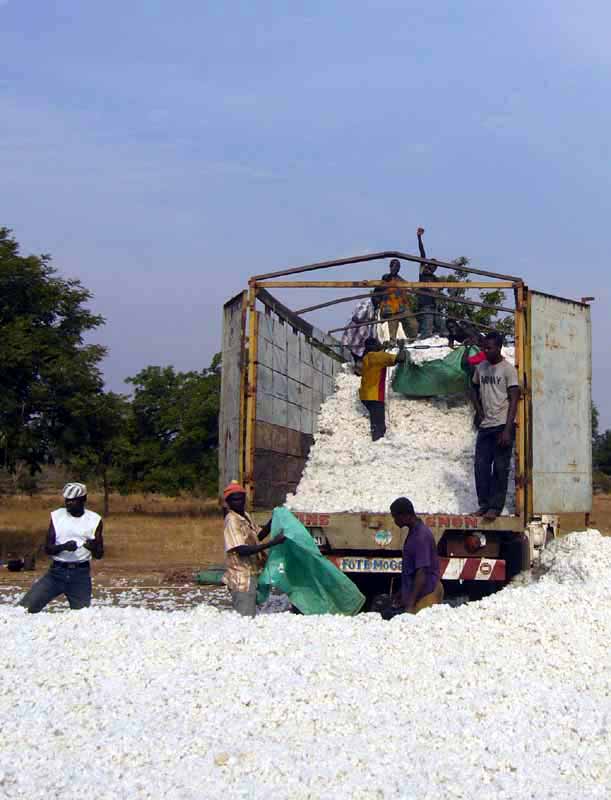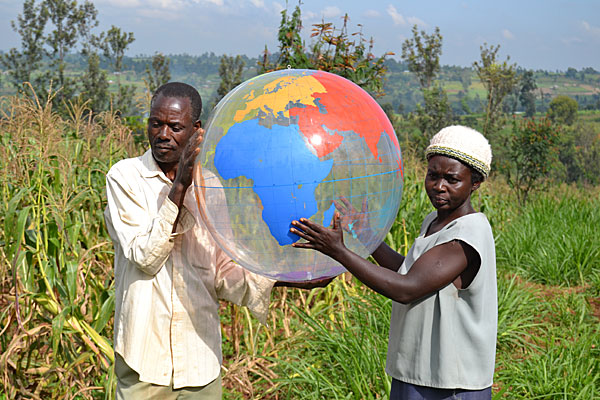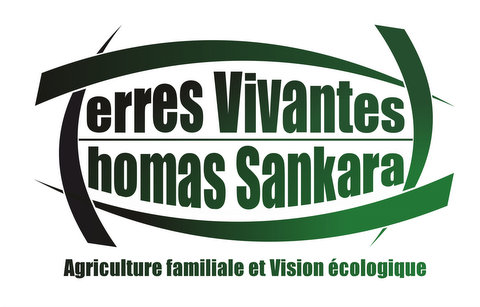« Thomas Sankara wanted to make agricultural ecology a national policy »
On October 15th I concluded our newsletter onThe ecological dimension of the heritage of Thomas Sankara by saying that I intended to follow up with a further newsletter on this subject. Today I wish to add that the interest Thomas Sankara took in ecology was partly due to the influence of Pierre Rabhi, agro-ecological writer and pioneer. Pierre himself refers to this in a film produced by the association ”Baraka”. .
He says: : « When I went to Burkina Faso in 1981, it was not Thomas Sankara who was in power. I had started working on agricultural ecology and had first suggested it to the national institutions. Later on we set up the centre in Gorom Gorom. Since our work had aroused wide interest in the country , Thomas Sankara wanted a meeting. So that is why we met. Following this he gave us a good deal of support in our work and even wanted to make agro-ecology a national policy.»
Voici comment This is how Pierre Rabhi describes agro-ecology :

 ”Agro-ecology stems from a scientific approach with special reference to the biological phenomena and associates agricultural development with the protection and regeneration of the natural environment”:
”Agro-ecology stems from a scientific approach with special reference to the biological phenomena and associates agricultural development with the protection and regeneration of the natural environment”:
-
Working the soil in a way which does not disrupt its structure,,the vital subdivision of surface layer and deeper strata, between arable soil, where aerobic microorganisms live and the lower levels, often rich in clay, where we find the anaerobic organisms. Each microbial category is playing its specific part;
-
Organic fertilisation based on green fertiliser and compost: aerobic fermentation of animal and vegetable waste and certain non aggressive minerals producing a stable humus, a real nourishment and remedy for the soil, improving its structure, absorption capacity, aeration and water retention. These techniques have the advantage of being entirely accessible to the poorest of farmers;
-
Phytosanitary treatment, as natural as possible,using biodegradable products, which will not harm the natural Environment, and other substances traditionally used against parasites and cryptogamic diseases ( neem, cailcedrat, cassia amara, wood ash, animal fat),
-
a judicious choice of the most appropriate varieties for each territory, giving preference to traditional species, which can be managed and reproduced locally (animals and plants), thus ensuring genuine self-sufficiency;
-
Water management: careful and optimal irrigation may be considered, once the balance between soil and water has been understood;
-
Well-balanced mix of mechanical and animal energy according to needs, but designed to prevent waste and excess of costly equipment. Inadequate use of mechanisation has been the cause of serious economic and environmental disruption at times, and also of dependence on external help (breakdowns, need to resort to imported fuel at high cost.)The idea is not to refrain from development but to adapt to reality on a case by case basis: human or animal energy are sometimes to be preferred to mechanisation, which if inappropriate may lead to abandon;.
-
Prevention of surface erosion(mini-dykes, micro ponds, micro barriers, small filtering dikes, etc) so as to take maximum advantage of rainwater, stop soil erosion and flooding and replenish the groundwater feeding wells and springs …;
-
Plantation of hedgerows to protect the soil from the wind, creating sheltered areas for the safe keeping of plants and animals and a supplement of useful animal and vegetable life;
-
Reforestation of cleared or depleted areas by planting a variety of species for fuel, medicinal uses, arts and crafts, food for human and animal consumption, regeneration of the soil, etc…
-
Rehabilitation of traditional know-how according to sound environmental and economic management. .
Whilst Pierre Rabhi and Thomas Sankara and several others were pioneers in promoting agro-ecology, it is becoming increasingly obvious every day that between the current farming practices (with abundant use of herbicides, pesticides and chemical fertiliser) and agro-ecology (based on a better understanding of the soil and living organisms)agro-ecology is the right choice.

 are those around the world who have already made that choice. The latest film by Marie-Monique Robin « (“The harvest of the future: How agro-ecology can feed the world”)bears witness to this.
are those around the world who have already made that choice. The latest film by Marie-Monique Robin « (“The harvest of the future: How agro-ecology can feed the world”)bears witness to this.
There are many in Africa and there are many in Burkina Faso who also have made that choice, but not yet enough!
Indeed, agro-ecology is the right path. But the masters of today’s conventional farming have not disarmed. Therefore it is urgent that all advocates of agro-ecology join forces. That is why the organisation ”Terres Vivantes- Thomas Sankara” has been set up in Burkina Faso, with the following objectives:
- agro-ecology
- food sovereignty,
- revaluation of rural life and family farming
- adjustment to population growth and climate change
- safeguarding the environment and natural resource
All those in Burkina who already have adopted ecological techniques or are interested may contact« Terres Vivantes – Thomas Sankara ». Those already working ecologically may make themselves known to SEDELAN, as we would like to report on various ecological practices.
Kampala, November 24th, 2012
Maurice Oudet
Director SEDELAN









